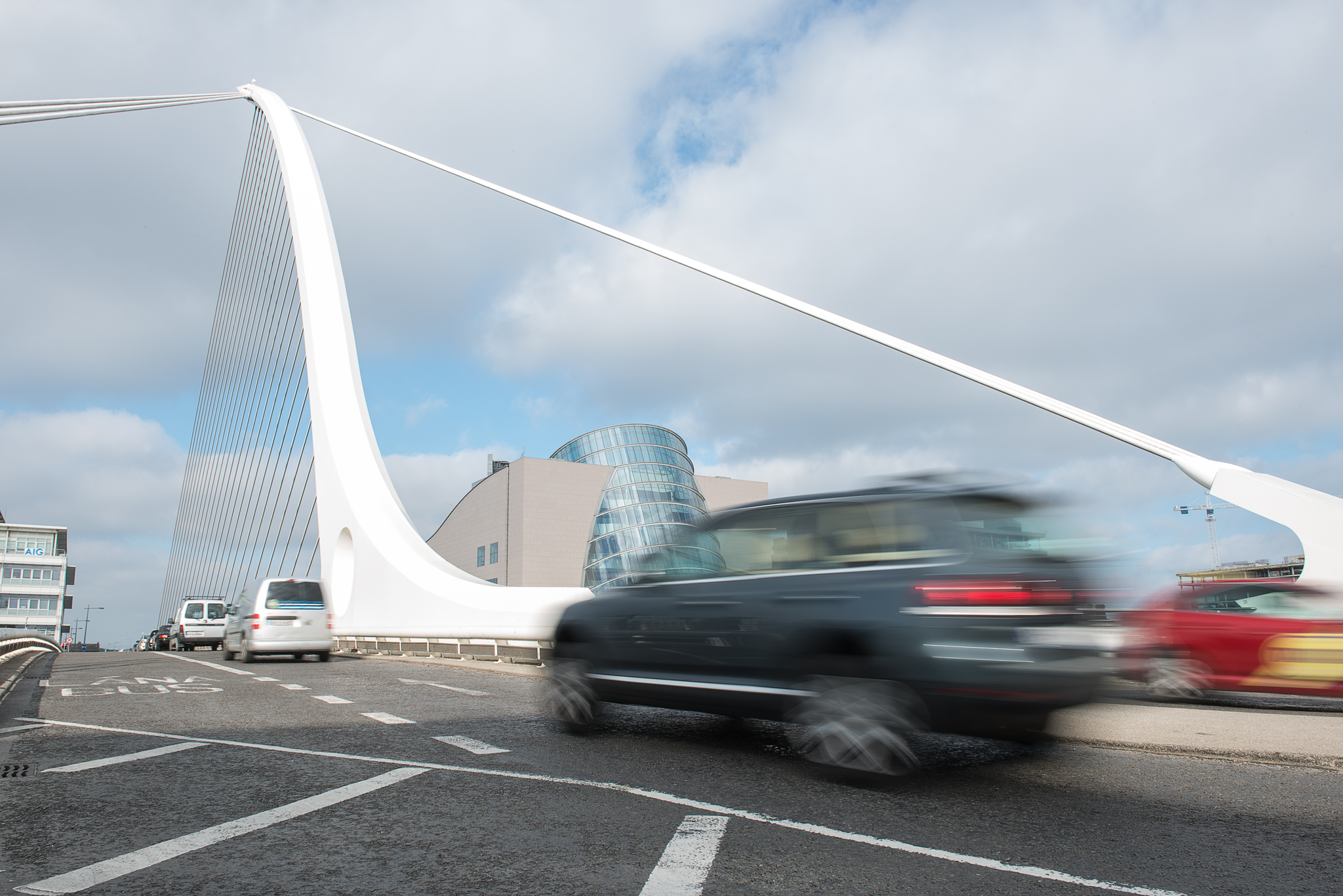What happens if I am hit by an uninsured or untraceable driver?
When you are involved in a road traffic accident you would hope that the responsible party would stop at the scene and you would exchange contact and valid insurance details. However, this is not always the case and if you have been involved in an accident resulting in material damage or personal injuries by a driver that is either uninsured or untraceable you may be unsure of how to proceed.
MIBI
The Motor Insurers’ Bureau of Ireland (MIBI) was established by the government in 1955 and is currently regulated by the 2009 Agreement. Their main objective is to compensate victims of road traffic accidents caused by uninsured and unidentified vehicles.
What MIBI can help with
In respect of uninsured drivers, the MIBI Agreement provides for the following;
- Payment of compensation for personal injury claims in respect of road traffic accidents caused by uninsured vehicles.
- Payment of compensation of vehicle/property claims where the alleged offending vehicle can be identified by means of a valid registration plate.
- Where the vehicle cannot be identified, the MIBI has no liability to pay compensation for vehicle/property damage except in circumstances where there are significant personal injuries arising from the same accident.
In respect of unidentified drivers, the MIBI Agreement provides for the following;
- Payment of compensation for personal injury claims in respect of road traffic accidents caused by unidentified vehicles.
- Agreement does not extend to vehicle or property damage caused by unidentified vehicles unless very serious injuries have also been sustained in the same accident.
What you should do
If you have been involved in a road traffic accident caused by an uninsured or unidentified driver it is important to get as many details as you can from the scene and contact a Solicitor as soon as possible. The Solicitor will be able to advise the appropriate course of action which may include making a claim to the MIBI.





